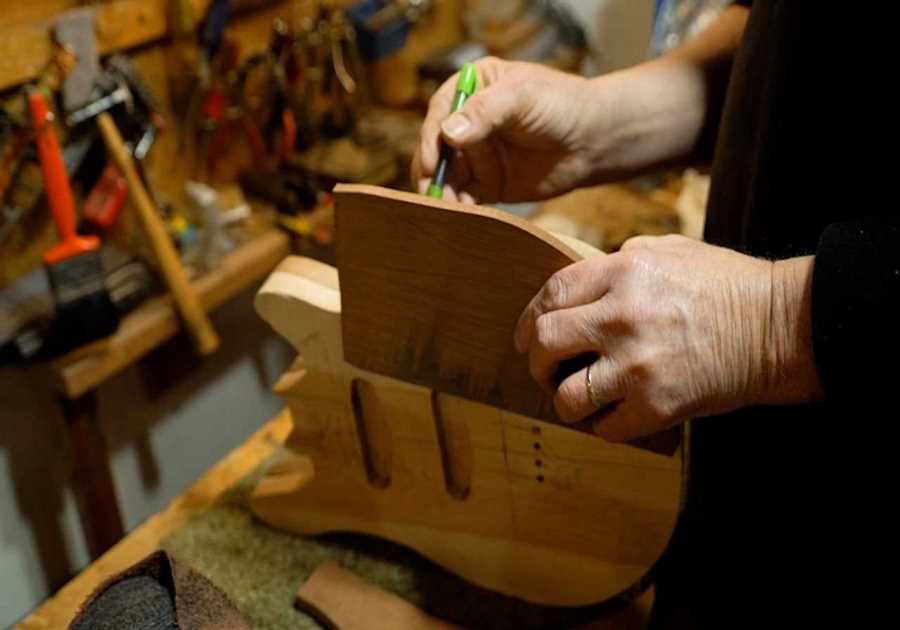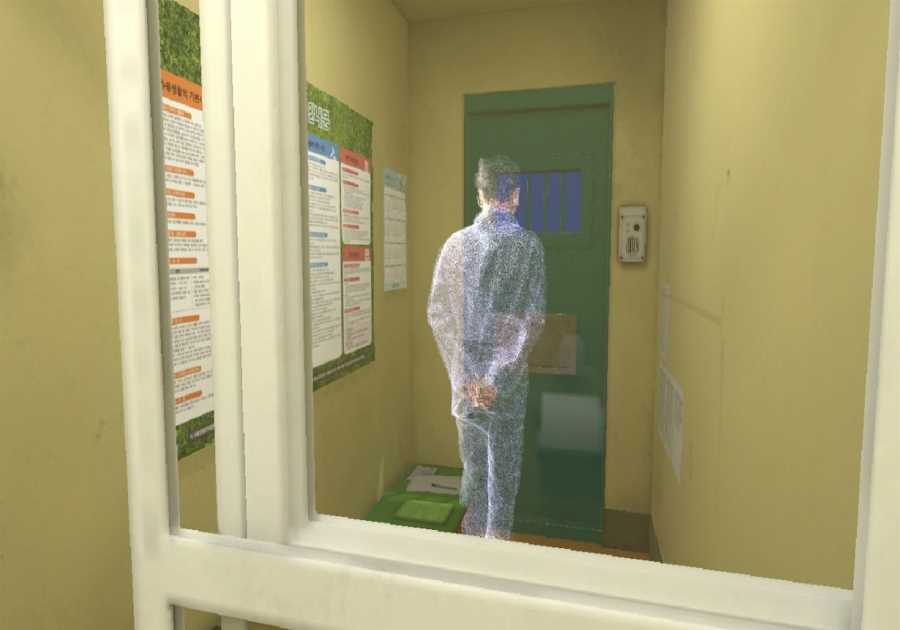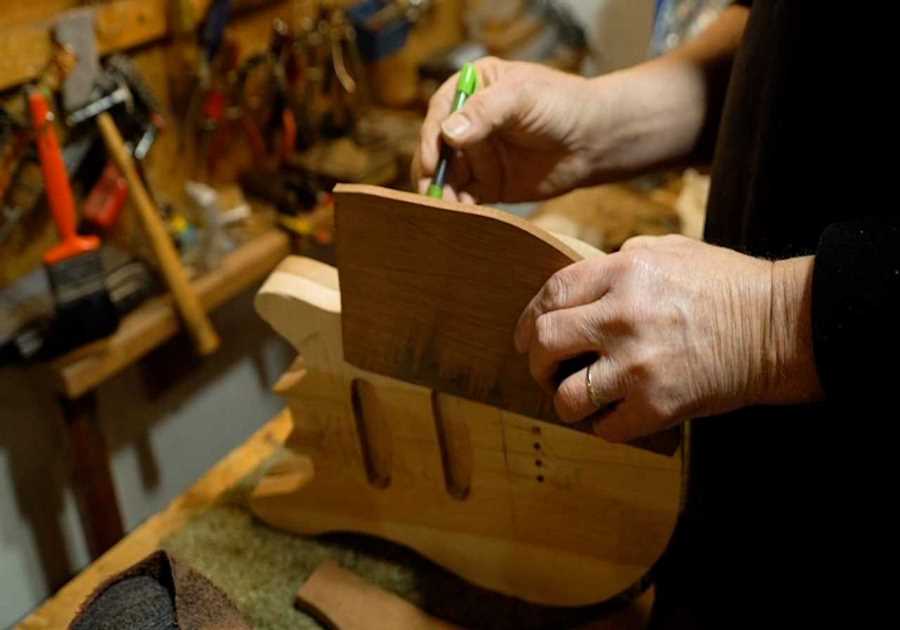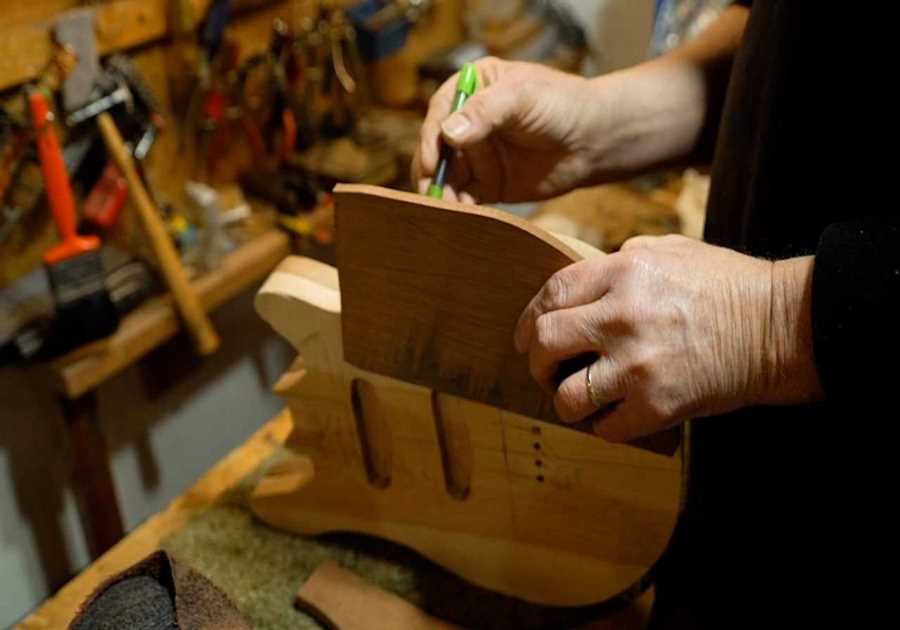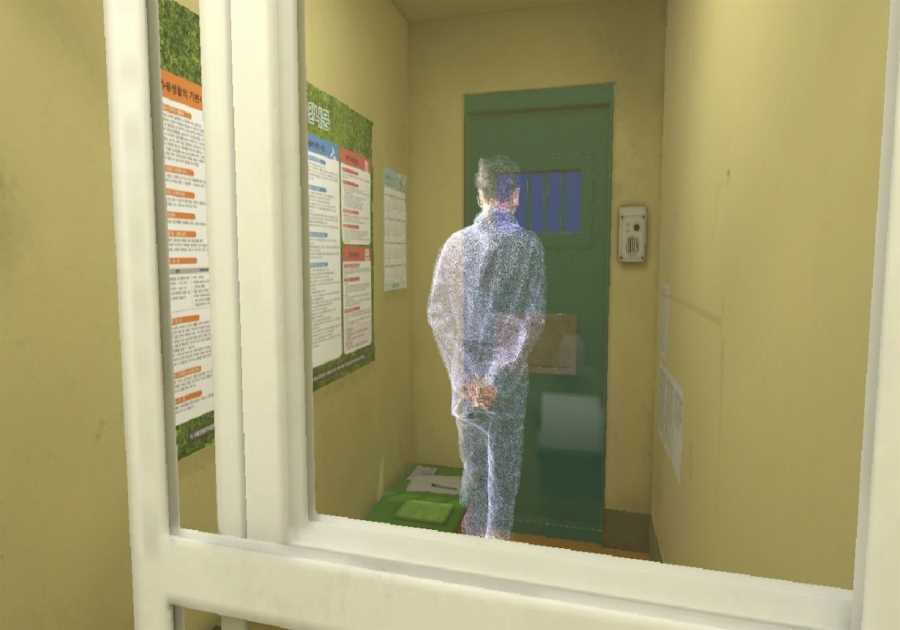As unrealistic as it is that the South Carolina State and Jackson State black football programs will compete against Alabama or Michigan for the national championship in the past, they are on par with black athletes’ graduation rates for the most powerful and gifted predominantly white schools .
At my 26th annual Graduation Gap Bowl, SC State and Jackson State had NCAA Graduation Success Rates (GSR) of 87% and 85% for black players, respectively. That’s the 94% black player in Michigan, the 84% in Alabama and Cincinnati, and the embarrassing 55% in Georgia.
Those odds in Jackson State and SC State are doubly impressive as Black College and University (HBCU) sports departments historically have a fraction of the resources of predominantly white institutions (PWIs). The Georgia Sports Department staff directory includes 25 people listed under Student Services – the vast majority are employed in academic support. Alabama has 16 employees listed under Academics. Cincinnati lists 12 in academics. Michigan lists 11 in its academic achievement program.
Meanwhile, Jackson State lists five employees for academics. SC State only lists one.
Big colleges care more about money and winning than black graduatesRead now
That only person, Melissa Dawson, Executive Associate Athletic Director of Compliance and Academic Services, told me in an interview, “Sometimes I wonder how we do it.”
They do this, she said, by creating a culture that makes up for the lack of resources as athletes use the same pool of tutors available to all students. “It’s just constant communication,” she said the day before SC State beat Jackson State at 31:10 at the Cricket Celebration Bowl.
“It is the five-minute conversation in the hallway. It makes it clear to them that they can ask questions and ask for help when they need it. It’s these conversations that help them see the big picture of why they need their training, ”Dawson said. “It’s not about how many people you have on your academic staff. This is how you affect the students. “
It’s also about how SC State chose to transform itself. Eight years ago the soccer program had a GSR of 43%. Theoretically, a sports program is threatened with a post-season ban by the NCAA if it has a chronic graduation rate of well below 50%. HBCUs make up the vast majority of the sports programs banned annually by the NCAA for the postseason. Usually the penalties are de facto racist punishment for ill-equipped HBCUs who take on the most challenged student-athletes – because many are first-generation students – while many PWIs with mediocre black graduation rates are capable of high Percentages for equalizing white players.
For example, of the 84 bowl teams, 51 white GSRs have between 90% and 100%. Only nine programs have the same range for black players.
Dawson, who joined SC State a year and a half ago, couldn’t explain exactly why the program was doing so badly back then, but she was able to confirm the atmosphere that exists today. She spoke of a campus where Interim President Alexander Conyers can often be seen training the sports teams, in the dormitories and in the student center.
“The message that education is important goes from the top down to the deans, the deans to the counselors, the counselors to the professors,” Dawson said. She said that when athletes come to her with academic questions, she avoid preaching an answer. Instead, she gives the questions back to the athletes to help them take on the answers. One result, she said, is that athletes are beginning to plan lives beyond football. She knows there has been a shift when she hears student-athletes talk about starting a business or becoming teachers and engineers.
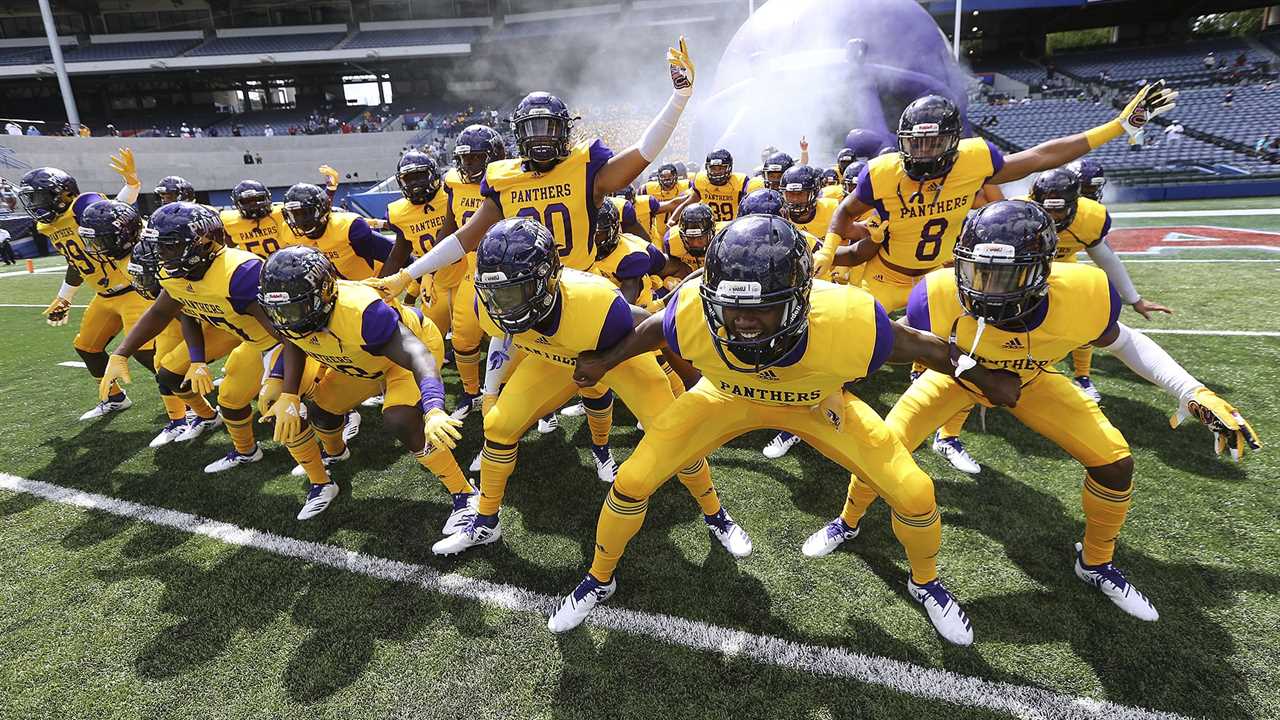
The NCAA must stop maintaining academic and financial disparities for HBCUsRead now
“You don’t want to unnecessarily take away a student athlete’s dream of professional sport,” said Dawson. “But you want to make it clear to them that education is like a cake. When you bake a cake and eat the cake, it tastes pretty good. When you become a pro, that’s the icing on the cake. But the cake is good even without icing. “
There’s a fair amount of frosting in this year’s gap bowl. I started the bowl at a time when most of the top programs weren’t constantly looking for good academic performance from players and hardly cared about whether they graduated. Under years of public pressure and reform efforts, many of the highest-ranking teams in the PWIs have chosen to use their resources to ensure that soccer players leave campus with more than winning memories, injured bodies and concussions.
In addition to high completion rates for black athletes at No. 1 in Alabama, No. 2 in Michigan, and No. 4 in Cincinnati, several other teams had black GSRs of at least 80% in the last top 25 rankings from the Associated Press: Notre Dame, Baylor, Utah, BYU, Pittsburgh, Clemson, Wake Forest, and Kentucky. Equally important and positive: Most of these schools show small racial differences of less than 10 percentage points between the graduation rates of black and white players.
But the NCAA has no rules for holding schools accountable for racial differences. I think schools like Liberty, Oregon, LSU, Army, Ole Miss, Miami, West Virginia, and Appalachian State shouldn’t even be allowed to play in the bowls with black GSRs that lag white teammates between 30 and 50 percentage points behind. Other schools that should be looked at with a gap of at least 20% were Georgia, Mississippi State, Oklahoma, Houston, Arkansas, Texas A&M, Fresno State, East Carolina, UCLA, Virginia, and North Carolina.
The Black GSRs of 50% at Liberty, 52% at LSU, 55% at Georgia, 56% at Fresno State, and 58% at Army are even more ridiculous given their obvious resources. LSU’s sports department has more than two dozen employees on its academic and educational support teams.
Dawson, who has worked in academic support at Power 5 schools such as Kentucky and South Carolina, whose soccer teams happen to have black graduation rates of 84% and 90% respectively, praised her Power 5 and mid-major peers for the nation that theirs Uses resources. “It takes tireless energy,” she said. “Everyone thinks it’s easy with a program that has the money. But in the background people put in 60, 70 and 80 hour weeks so that the children have a great experience.
“If you look at a freshman linebacker, maybe he has the body and voice of a man. But he’s a kid, an 18 year old kid. They are still developing. “
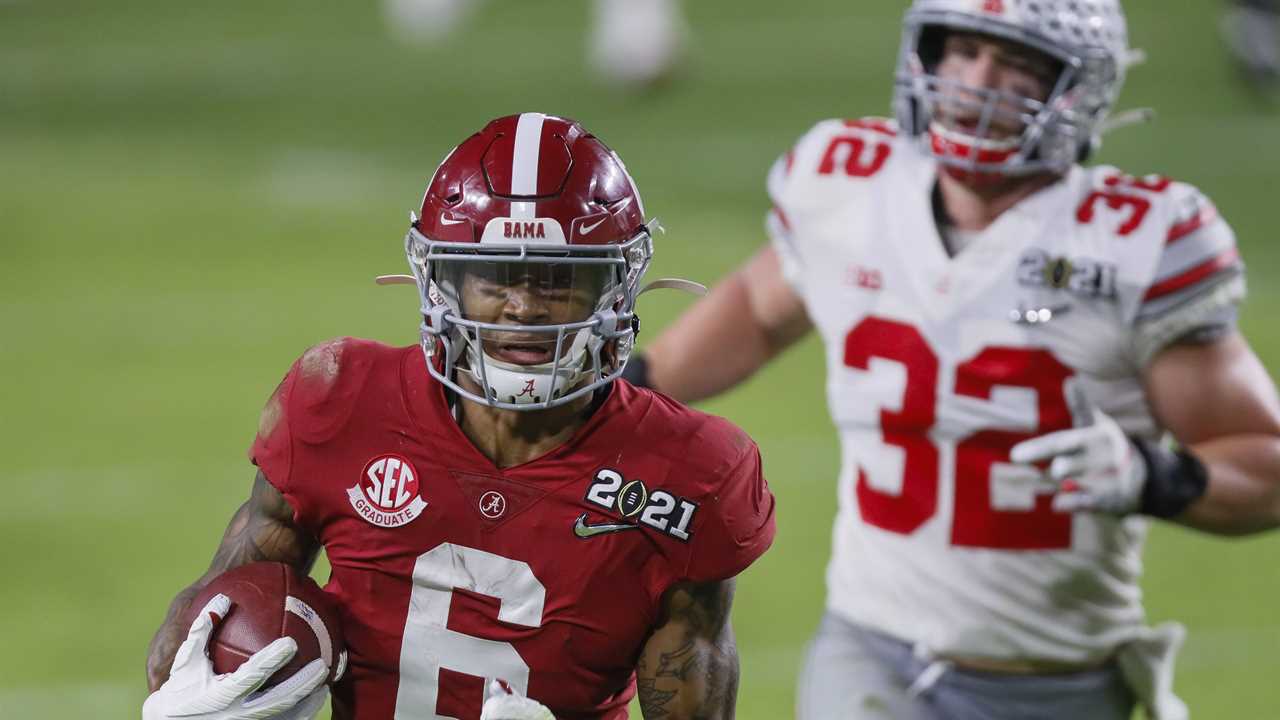
Lawsuit filed by HBCU athletes combats NCAA systemic racismRead now
Dawson said she certainly spends similar hours at SC State, with fewer resources, and not complaining about it. I also reached out to Jackson State in multiple emails to discuss the high graduation rate, but the sports department didn’t respond. I emailed the Georgia sports department explaining their low GSR for student black athletes and racial differences, but they didn’t reply either.
“There are no resources that substitute face-to-face contact with children to show them what life will be like after college, to see that football is just a vehicle,” said Dawson. “It’s less about a kind of ‘Aha!’ Moment than just working with them every day to help them gain confidence to be both good athletes and better citizens.
“If we can get them to a place where football is a vehicle, that’s a great place. If professional football becomes an additional piece of the puzzle, that’s fine. But the biggest thing we’re going to celebrate is the end. “
If there were a top 25 black graduation success rates for this season’s bowl teams, SC State and Jackson State would rank nationwide, with the Bulldogs sharing 14th and Jackson State 21st.
Given how they create a culture of success in underserved, tight-budget environments, and how HBCUs have traditionally been marginalized by the NCAA, this is indeed something to celebrate.
Derrick Z. Jackson is a Pulitzer finalist, 10-time National Association of Black Journalists winner, and 2018 National Society of Newspaper Columnists winner for his work on The Undefeated. He is co-author of Project Puffin: The Improbable Quest to Bring a Beloved Seabird Back to Egg Rock.

